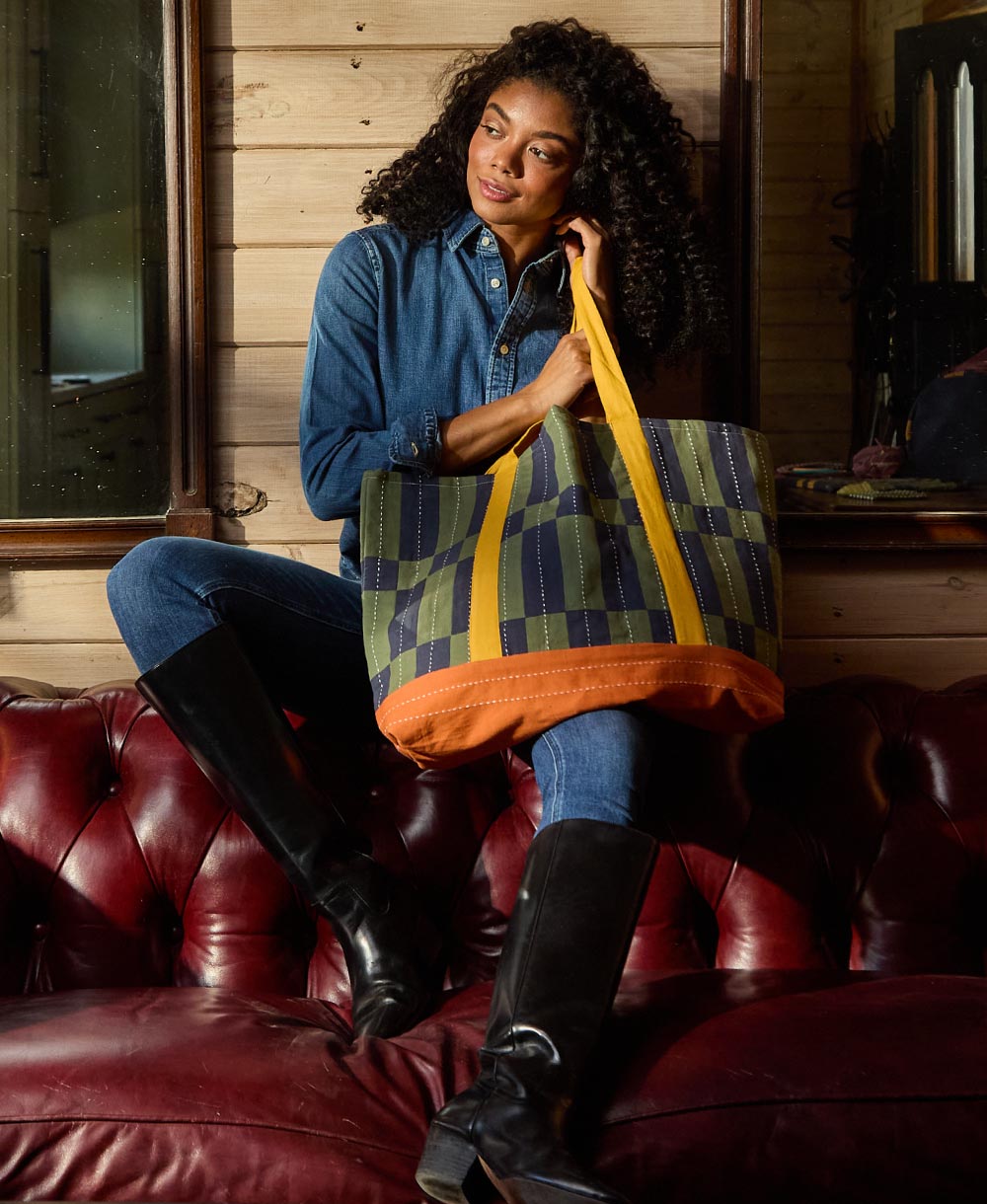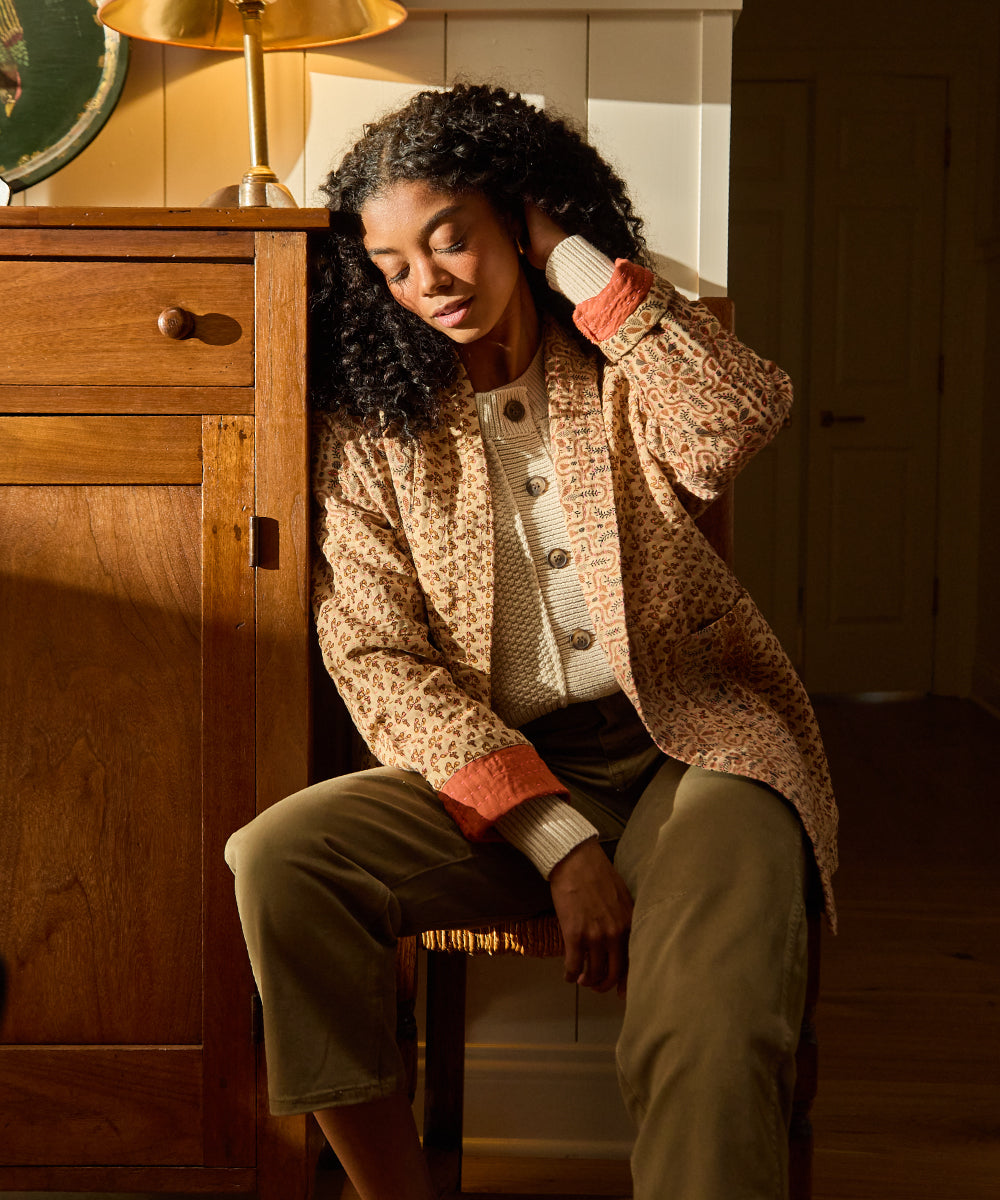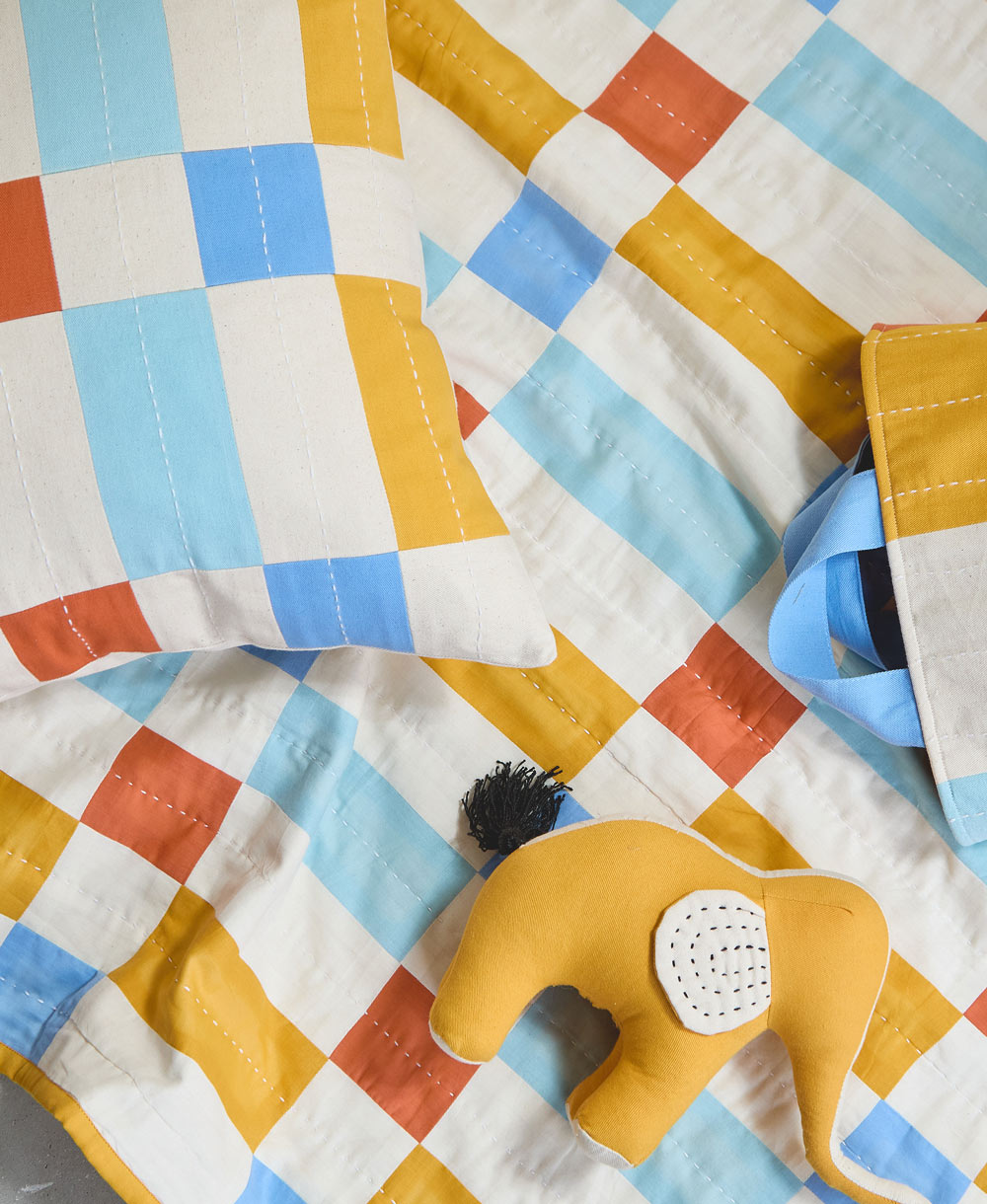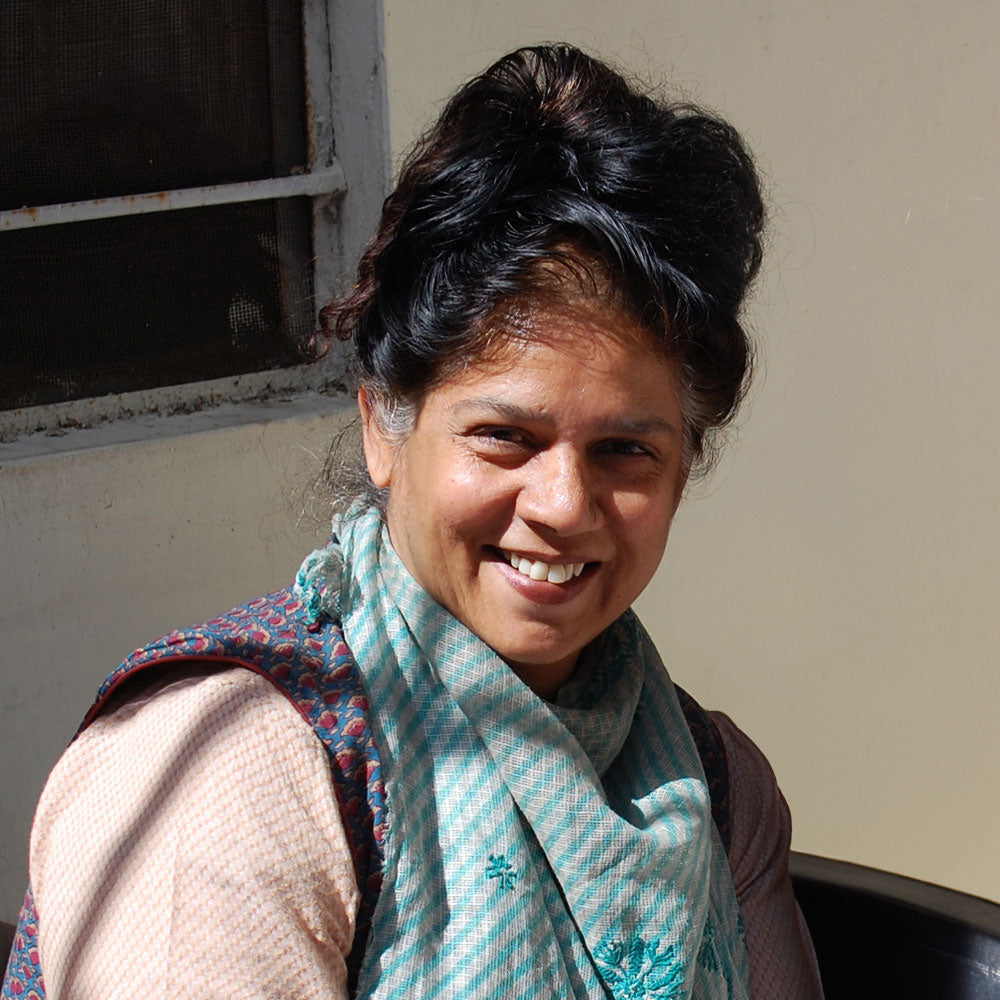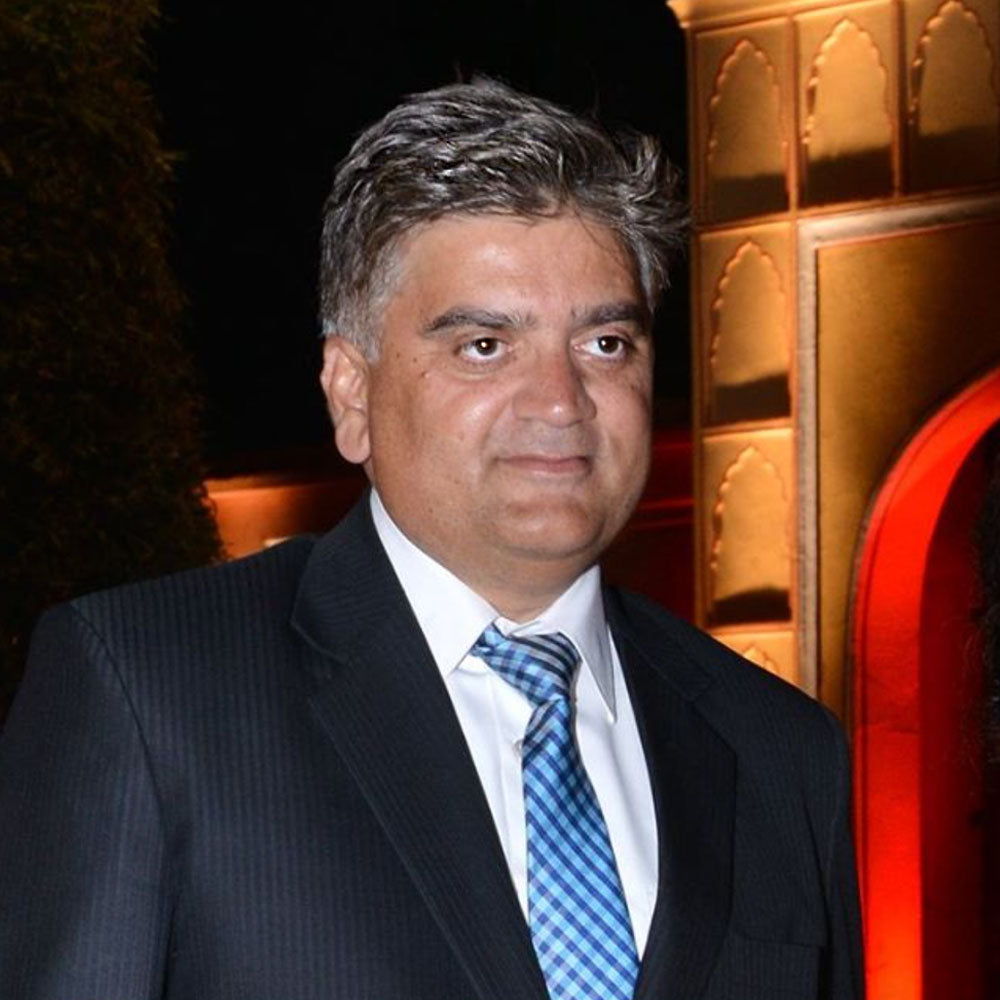We believe that design can change lives.
Anchal is a non-profit social enterprise that leverages design and collaboration to create sustainable, income-generating careers in eco-friendly textiles for marginalized women in India.
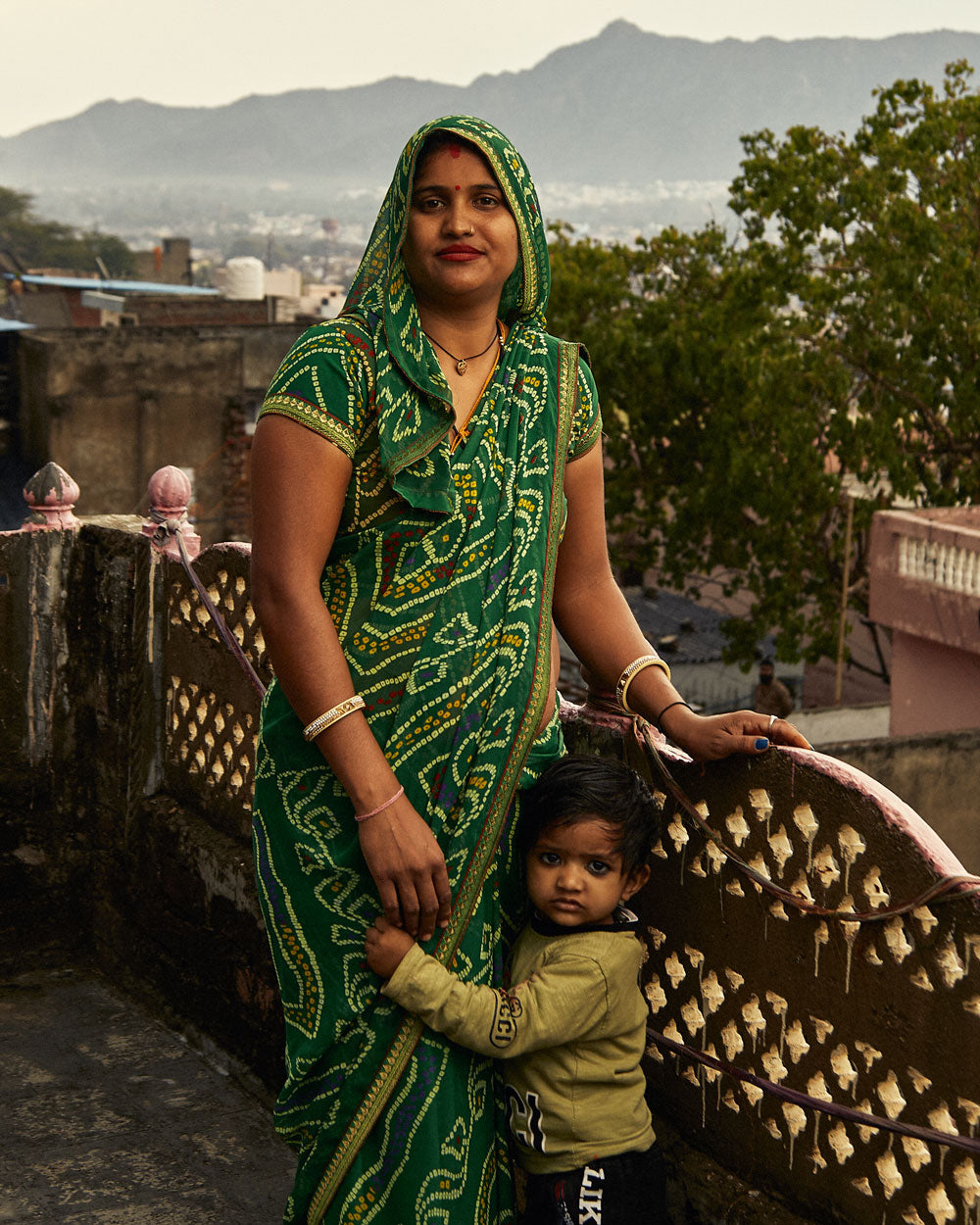
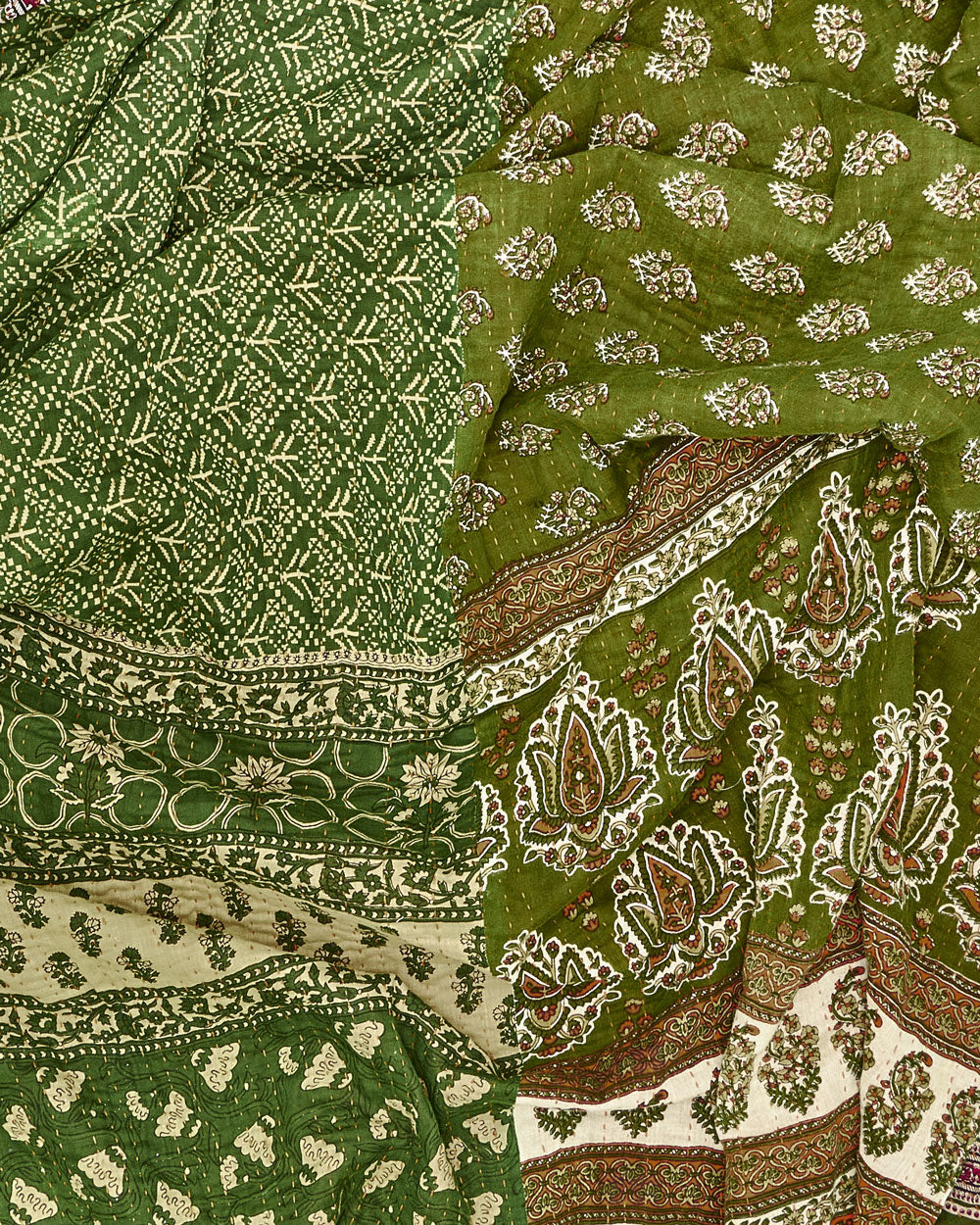
ANCHAL (on-chal)
“Anchal” is a Hindi word meaning both shelter and the decorative edge of a sari used to provide comfort and protection to loved ones.
Our Program
Anchal provides valuable skills training in textile production and fair-wage employment to women. The holistic program includes education workshops, health services, and community benefits, fostering financial independence and creativity.
The artisans create award-wining handmade products that blend traditional techniques with eco-friendly methods, minimizing environmental impact and championing sustainability in the fashion industry.
Our Values
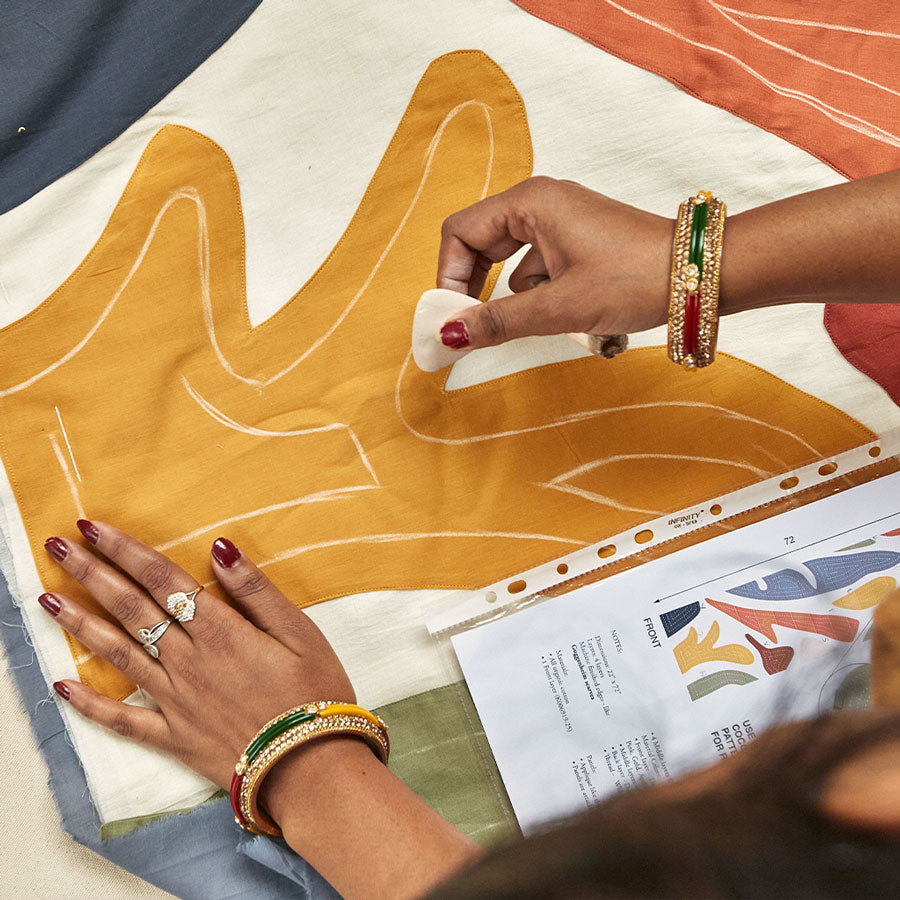
Design
A human-centered design process balances the artisan’s well-being and our customer's needs, resulting in beautiful artistry.

Women
When women have employment opportunities, they empower themselves and create generational change.
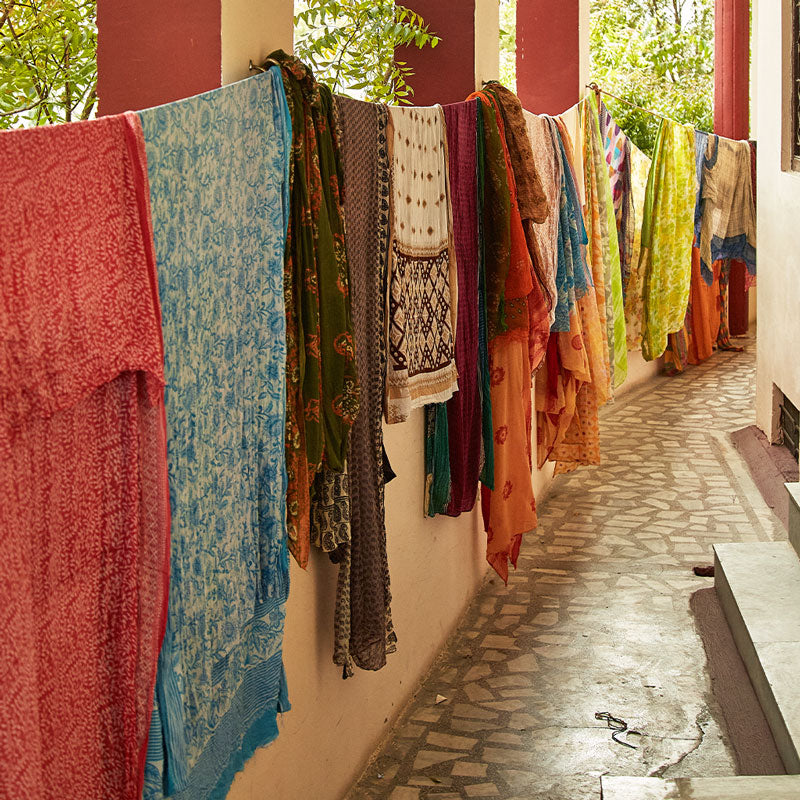
Sustainability
Steadfast dedication to using eco-friendly materials and processes, combined with long-term community investment, ensures a positive impact.
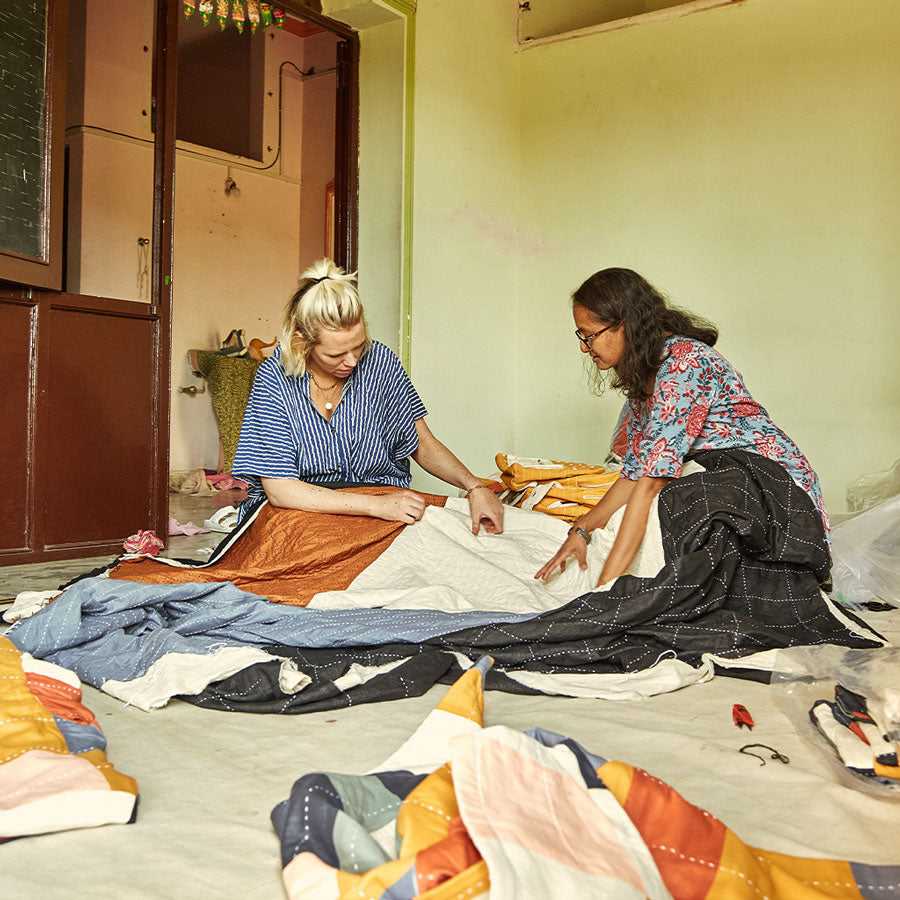
Collaboration
Collaborating with a trusted Indian NGO and manufacturer to lead operations builds trust and creates long-term impact.
Local Leadership
Anchal believes that sustainable impact is most successfully driven by local leadership. We partner with an established and trusted non-governmental organization (NGO) and a social enterprise that is dedicated to providing careers in textile production for marginalized and exploited communities of women in Rajasthan, India. The Indian organizations are the face of Anchal. They successfully run operations, artisan recruitment, training, production, and monitor impact.
Their connection and dedication to the community provides deep knowledge, builds trust, and gives experienced guidance, thereby ensuring the program is informed by the artisans, meets their diverse needs, and fosters long-term impact.
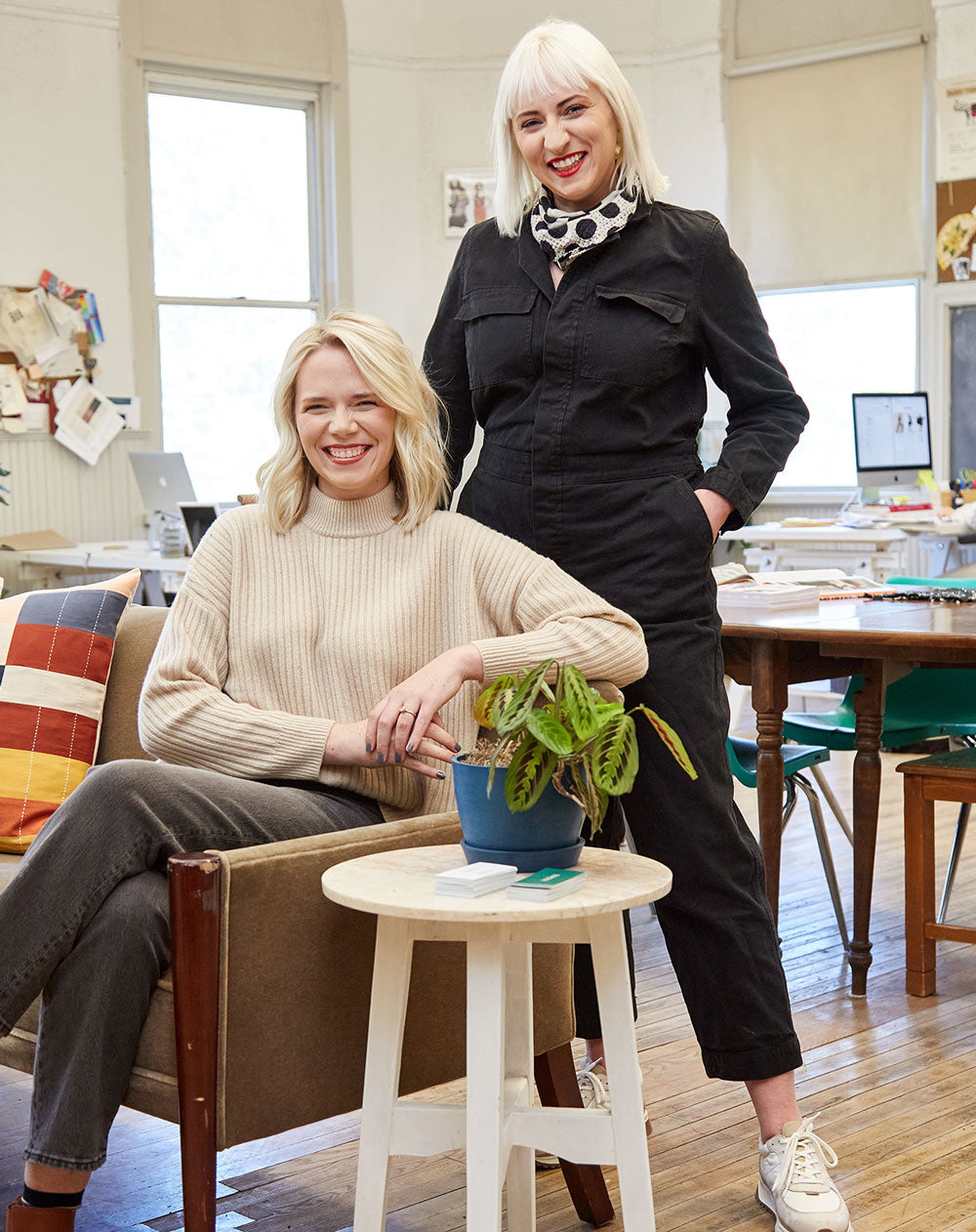
Founders' Story
Anchal was established in 2010 by sisters Colleen and Maggie Clines. With backgrounds in architecture, they recognized the transformative power of design in addressing social and environmental issues.
Their journey began after Colleen's eye-opening experience with an NGO in India during a 2009 Rhode Island School of Design (RISD) graduate class trip, where she learned about the need for alternative livelihood programs for women in the sex trade. Meanwhile, Maggie explored the profound impact of design as a research assistant.
Motivated by their shared interests and passions, they raised $400 to start Anchal, providing the first collective of artisans with sewing machines, materials, and stipends. This marked the official establishment of Anchal as a 501(c)3 non-profit organization in 2010, a status that underscores our commitment to transparency and accountability.

